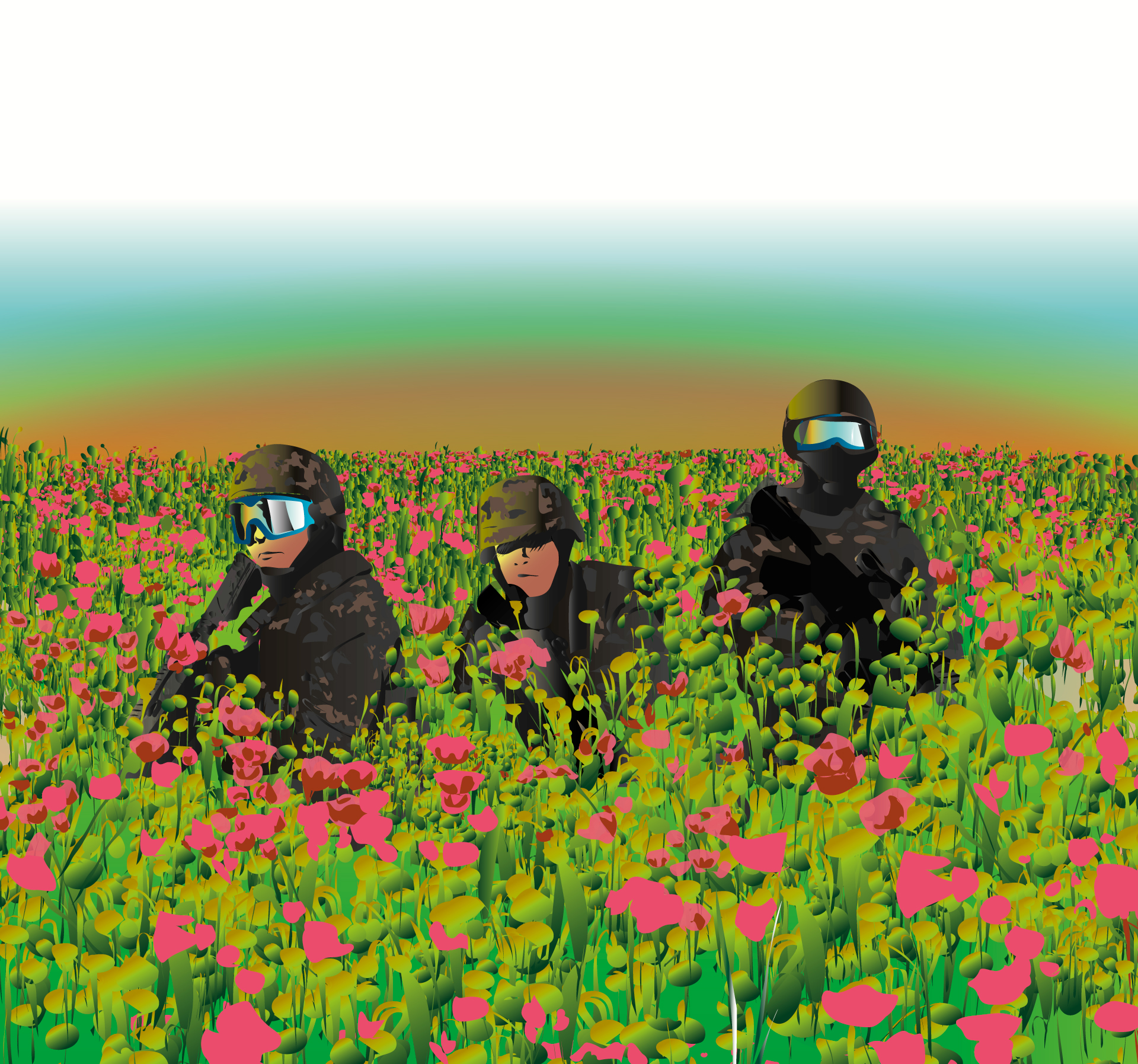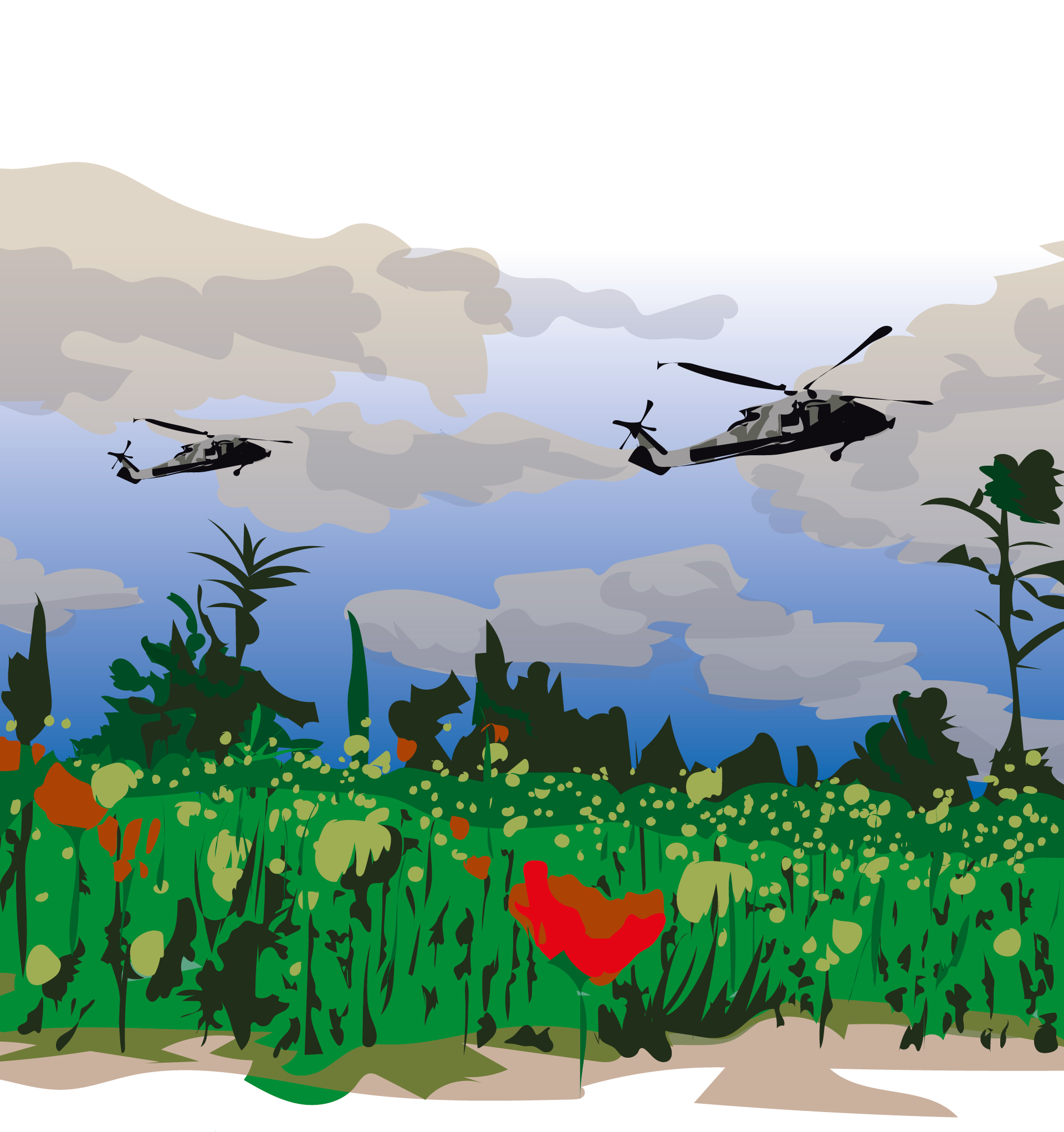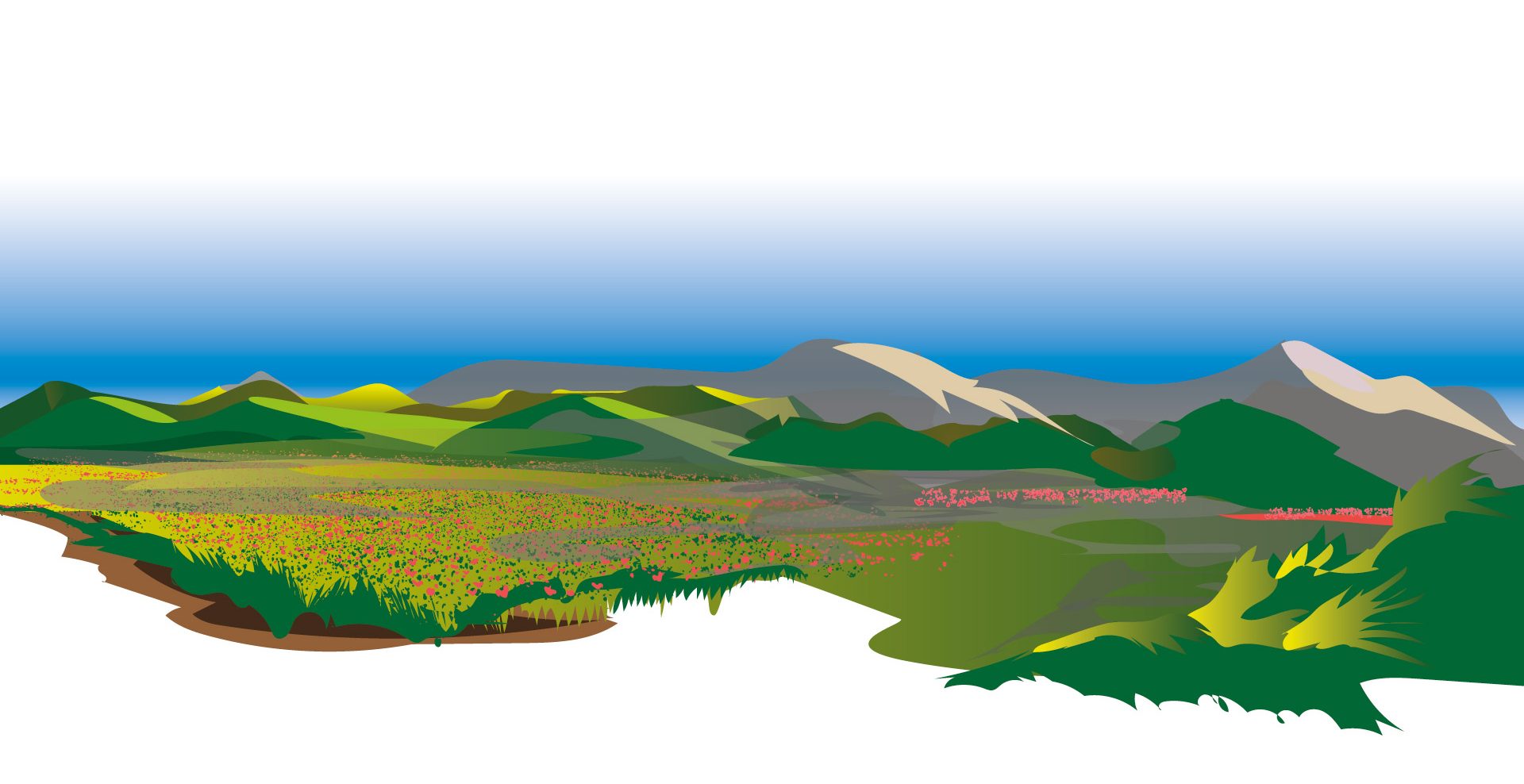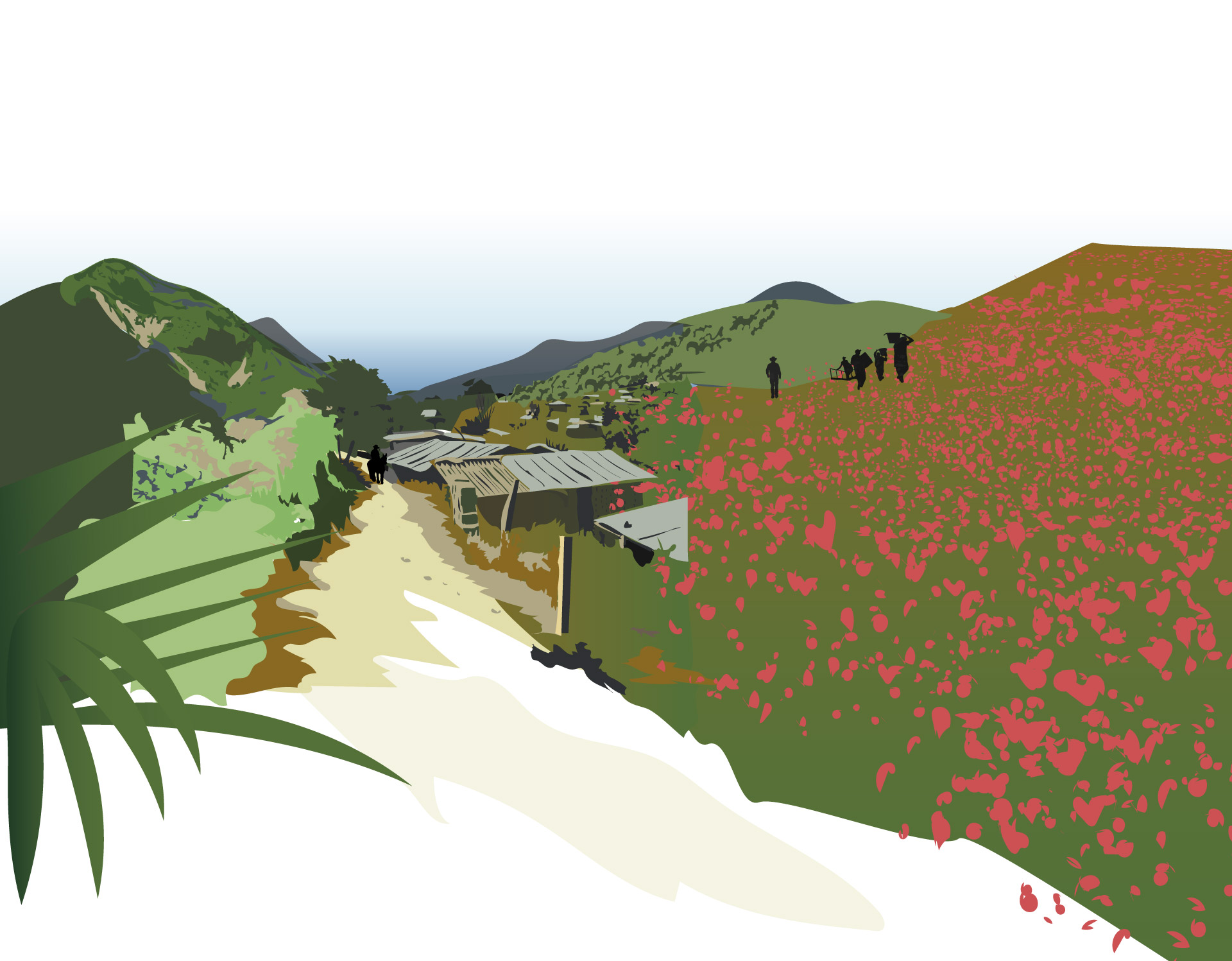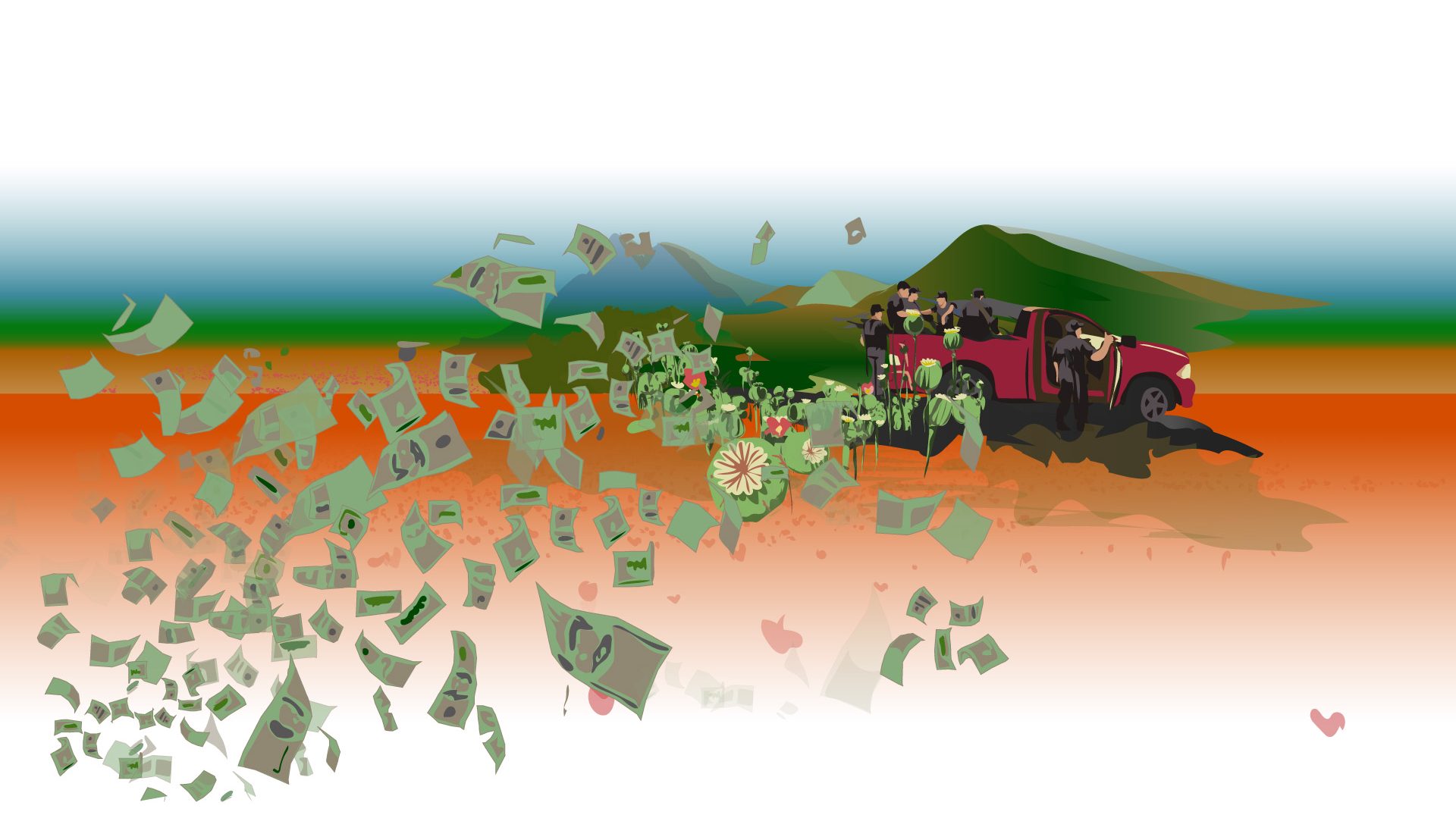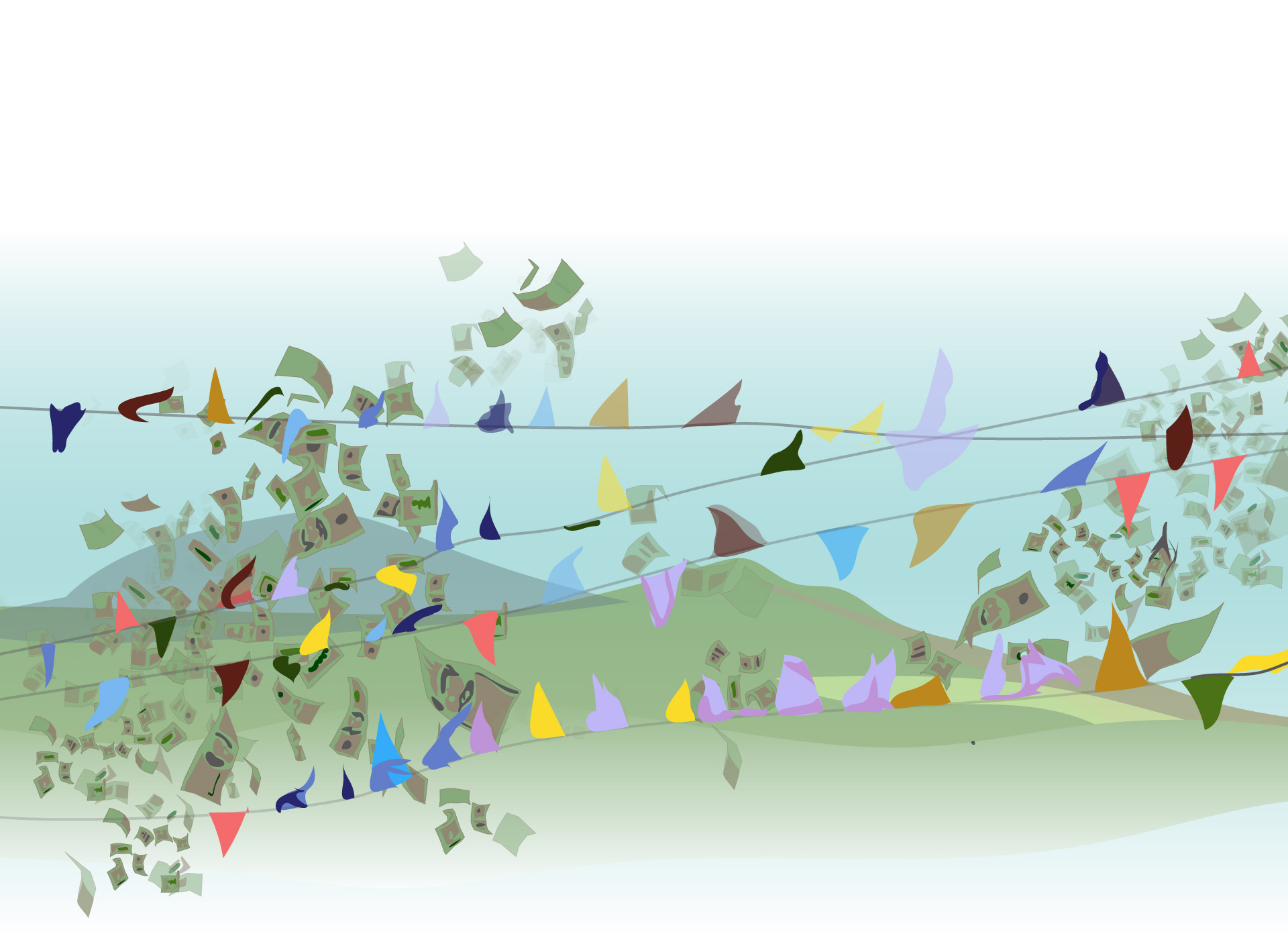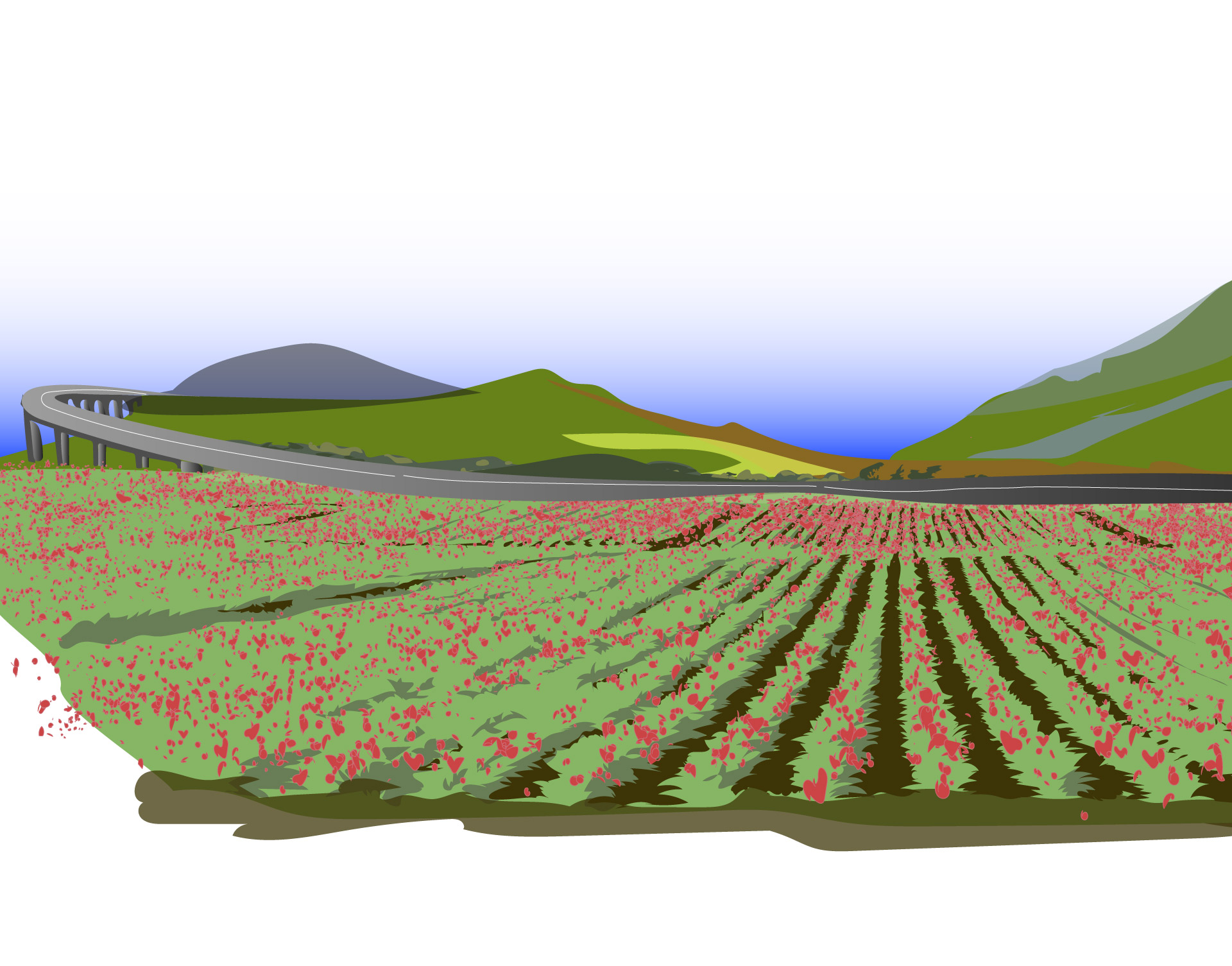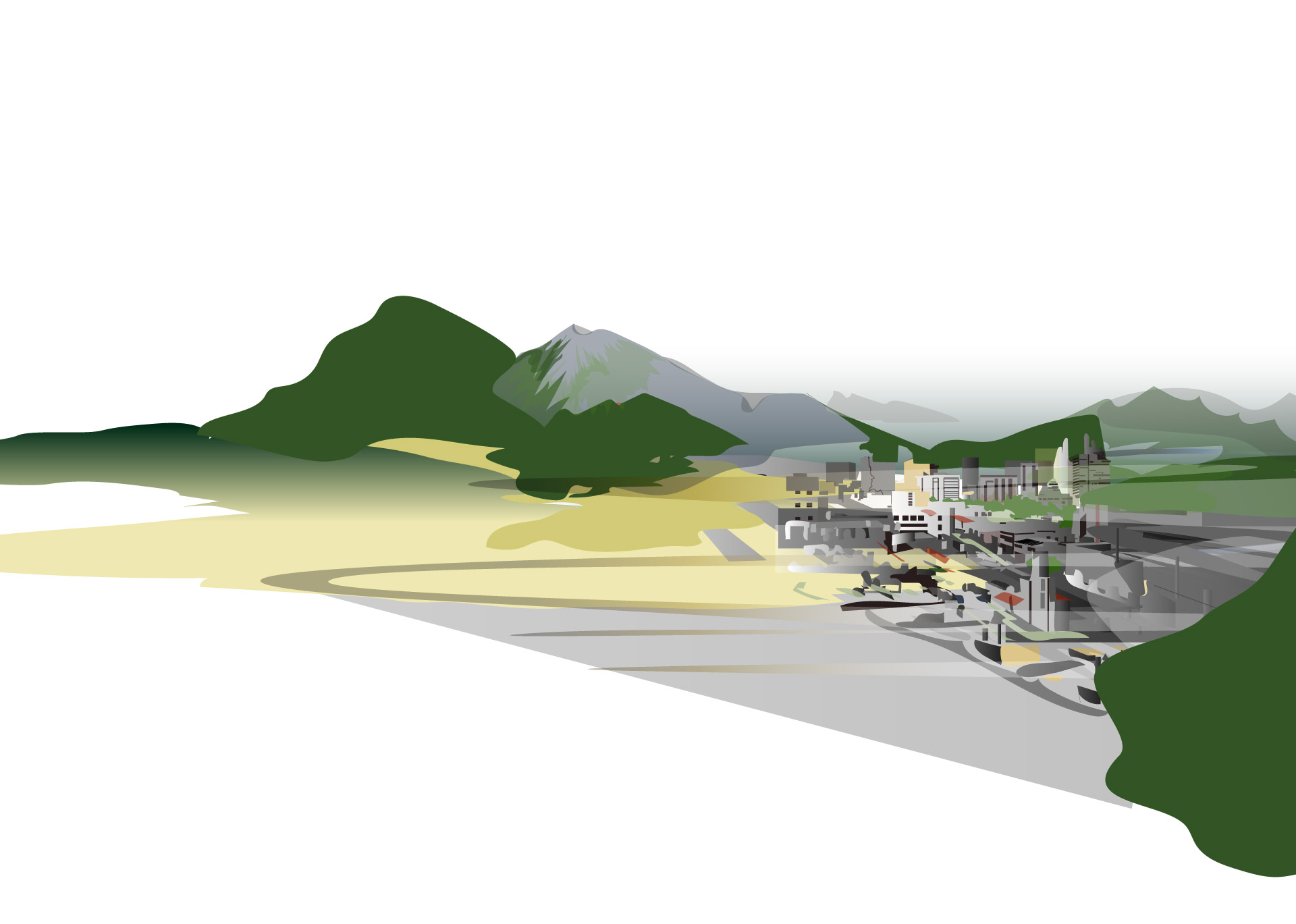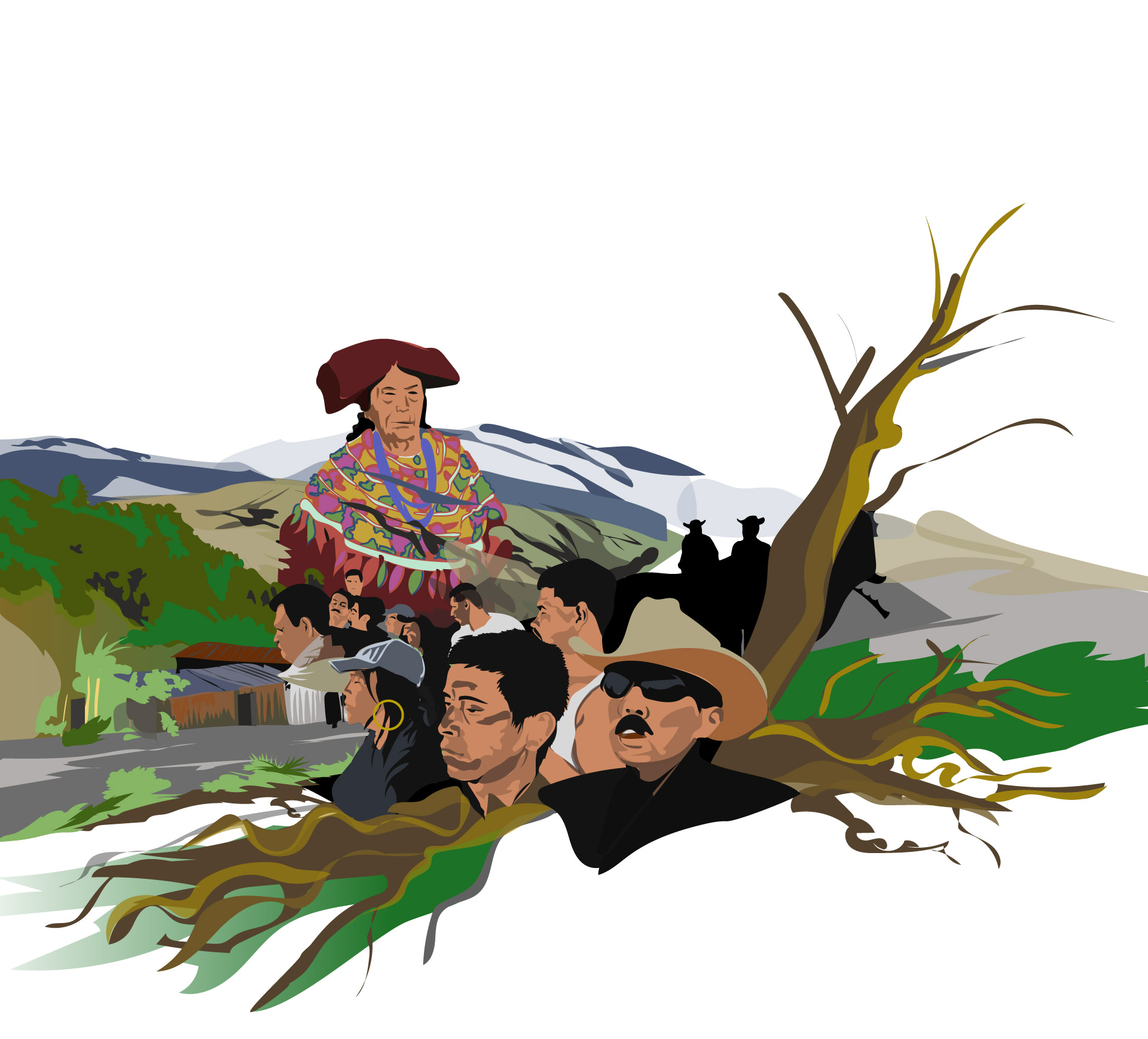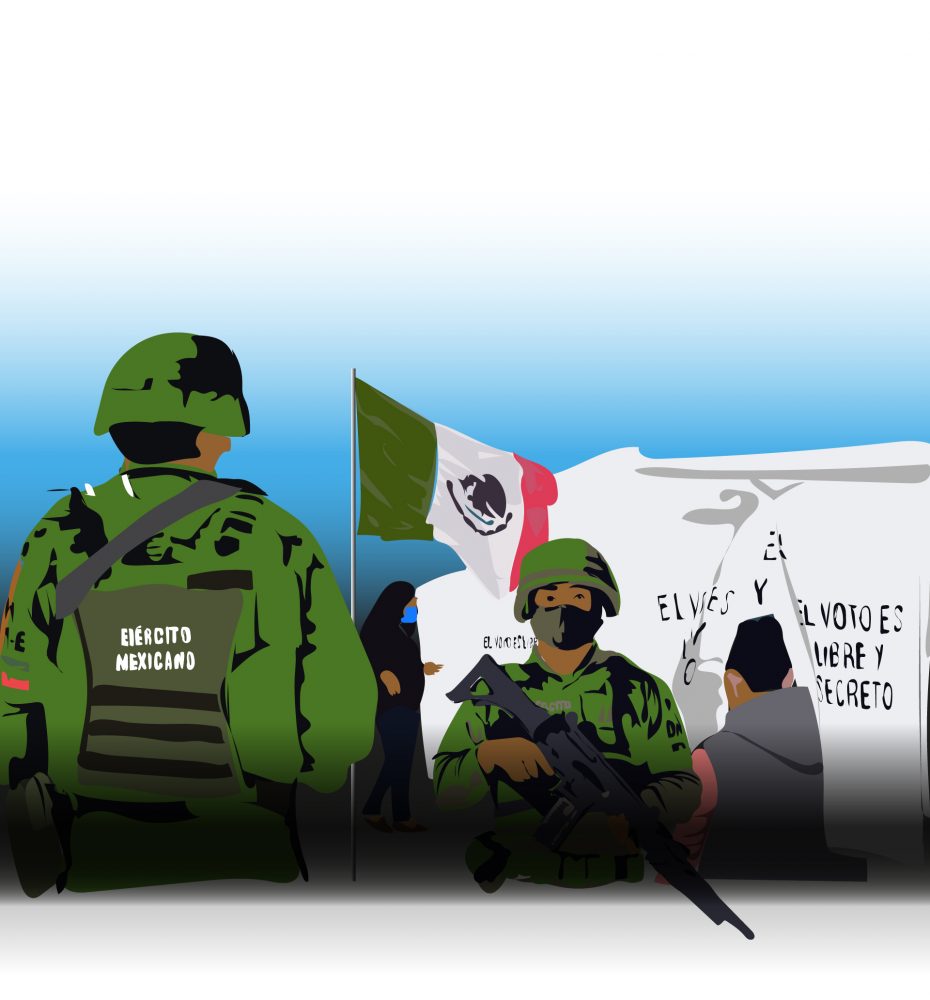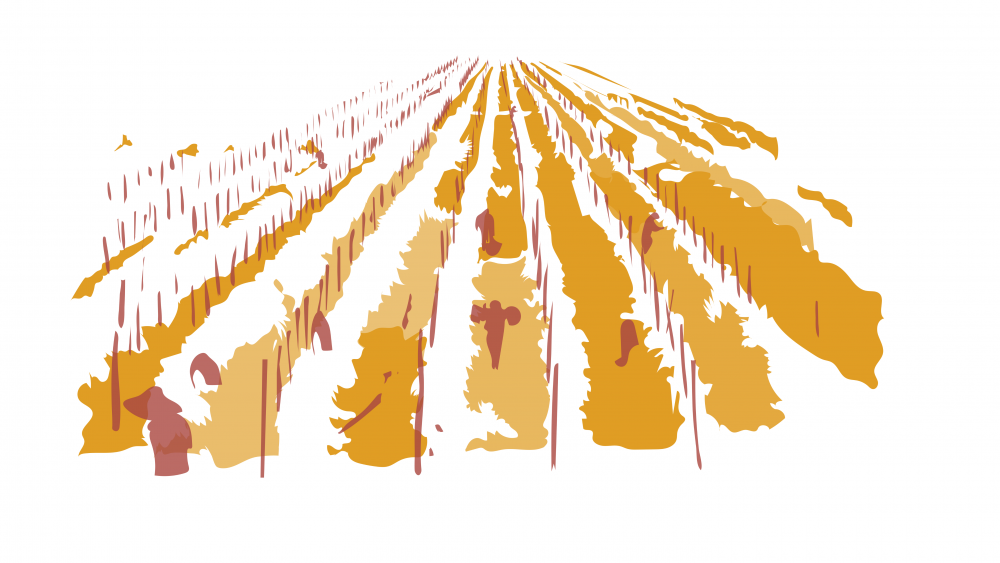4- Understanding what opium production tells us about the country’s economic development, the behavior of the State with regards to some of its most forgotten citizens, and the criminalized stigma that has been put on entire regions and populations.
How we worked
We conducted 15 months of cumulated fieldwork in Guerrero, Nayarit, Sinaloa and Durango, and gathered unprecedented quantitative data to produce novel insights regarding opium poppy cultivation and economy.
This allows us to answer a series of crucial questions: Who are the poppy growers in Mexico? How do they live in an illicit economy? How are illicit markets regulated? How does the State behave in such territories? What is the structural weight of opium and heroin economy in Mexico? How is it articulated with licit industries and infrastructures?
Organization
The Opium Project will be released in two Dossiers.
The Work of Our Allies
México Unido Contra la Delincuencia (MUCD)
MUCD has built a micro-website called ‘Open Data on Anti-Drugs Campaigns’, a virtual space that offers an unprecedented open-access to anti-drugs actions in Mexico, from 1990 to 2020.
Through this micro-website, MUCD offers the possibility to use, and download a database, as well as more than 900 maps and graphs that allow for a dynamic reading and visualization of anti-drugs campaigns.
Discover MUCD’s Database and Micro Website
Revista Espejo (Sinaloa)
The teams at Revista Espejo have worked on documenting and reporting on the social, human, political and economic dynamics of opium production in Sinaloa, Durango and Chihuahua – the famous ‘Golden Triangle’.
You will find long-reads, interviews, local reporting and an exceptional graphic design work that enables to better understand the complexity of one of the most emblematic regions of drug-trafficking in Mexico.
Discover Revista Espejo’s work
Pie de Página + Amapola Periodismo (Guerrero)
Pie de Página is one of the most respected independent media and collective of journalists that gather a network of national and international reporters specializing in social dynamics and human rights.
Through their collective of journalists, PdP has actively collaborated with the independent media Amapola Periodismo based in Guerrero, in order to document the opium poppy economy in this region, Mexico’s top producer of opium and heroin.
Discover Pie de Página & Amapola Periodismo’s work

